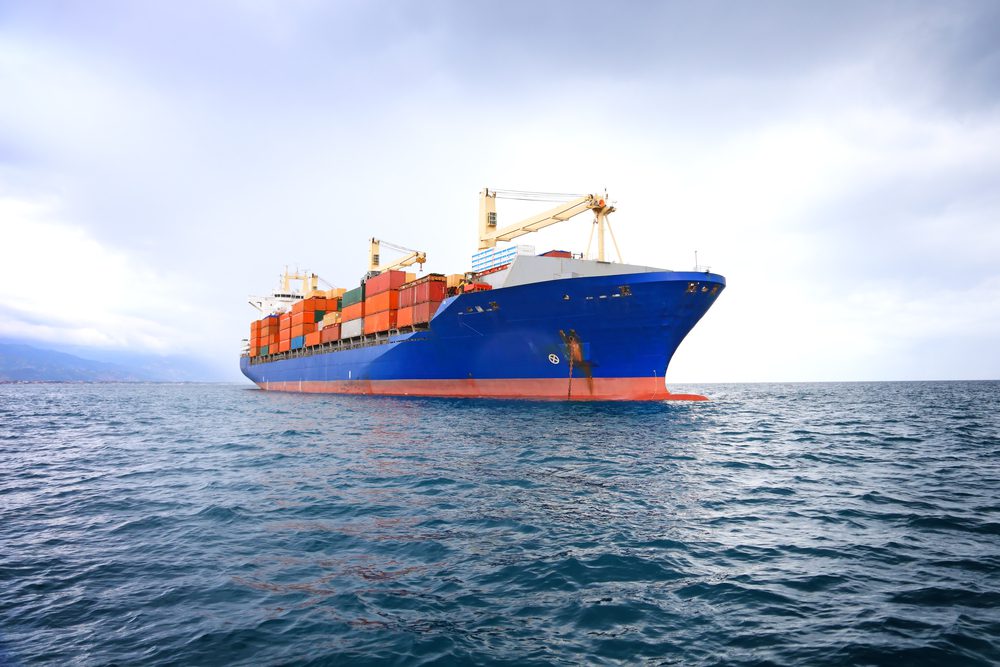
Blogs
Get yourself up to date with our latest News, Events and Blogs.
Get yourself up to date with our latest News, Events and Blogs.
Dealing with unreliability in ocean shipping is a tough row to hoe. To sum up:
And, the list of sea freight logistics problems and challenges goes on.
However, as long as you have the idea about what could cause all this and how you can avert such situations, destiny isn’t that far. This is what TLM IFS believes in and works upon. Well! In this article, we will not only discuss how TLM IFS is managing the increasing schedule unreliability in ocean shipping for its customers but we will also discuss the schedule reliability definition, sea freight abbreviations, and reasons that lead to increased schedule unreliability. So, let’s begin the journey.

As it sounds, schedule reliability is nothing but the reliability of the schedule in ocean shipping. Ocean freight reliability has become one of the major challenges that shippers are facing off late.
#1: IMO: International Maritime Organization
#2: ELD: Electronic Logging Device
#3: SOLAS: Safety of Life at Sea
#4: VGM: Verified Gross Mass
#5: P2P: Port to Port
#6: D2D: Door to Door
#7: FCL: Full Container Load
#8: LCL: Less than Container Load
#9: LTL: Less than Trucking Load
#10: TEUs: Twenty-Foot Equivalent Unit
#11: ETD: Estimated Time of Departure
#12: ETA: Estimated Time of Arrival
#13: POL: Port of Loading
#14: POD: Port of Discharge
#15: GRI: General Rate Increase
#16: BL o BoL: Bill of Lading
#17: ISF: Importer Security Filing
#18: EEI: Electronic Export Information
#19: HS: Harmonized System
#20: HTS: Harmonized Tariff System
Here are a few severe operational issues that give birth to challenges impacting ocean carrier reliability:
Port Congestion: The lack of resources is thwarting the smooth movement of cargo resulting in congestion at the port.
Equipment Challenges: The significant increase in the global freight volumes has made the repositioning of empty containers a serious problem that, in turn, causes a sharp decline in the global availability of equipment.
TLM IFS’s fully integrated technology coupled with local expertise as well as the global service liner network access it gives to its clients helps them compensate for this unreliability. Here are the top few ways the TLM team copes up with increased schedule unreliability in ocean shipping for its customers.
We offer multiple departures from one port that help us overcome the offset challenges arising in export processes such as vessel schedule changes, delays in manufacturing, or lack of equipment.
The local specialists at TLM IFS can help you manage space and allocation in real-time by helping you secure vessel space and equipment.
Congestion at the port may cause extended layovers resulting in a delay in delivery of the goods to the customers. However, even in port congestion situations we never let it happen as we speed up your supply chain by offering you alternative routings, ensuring the well-timed delivery of goods.
Through the fully integrated systems and processes, inventive technology solutions, and data-driven insights, the TLM IFS team makes sure its clients’ inventory undergoes no delay that too with negligible unplanned expenses. Our clients have the complete visibility of their entire supply chain, whether it is milestone tracking, their suppliers, or their orders.
The TLM IFS has a dedicated platform that helps you to eliminate potential risks by:
These were the top few ways, TLM IFS manages the increasing schedule unreliability in ocean shipping for its customers. Whether it is vessel delay or port congestion, the freight forwarding company has techniques and solutions in place to cope up with them. The experts at TLM IFS can consult with you on customized solutions to keep your consignment moving. You can leave us a message so that our experts can get in touch with you as soon as possible.
11 December 2021